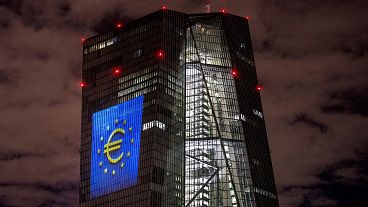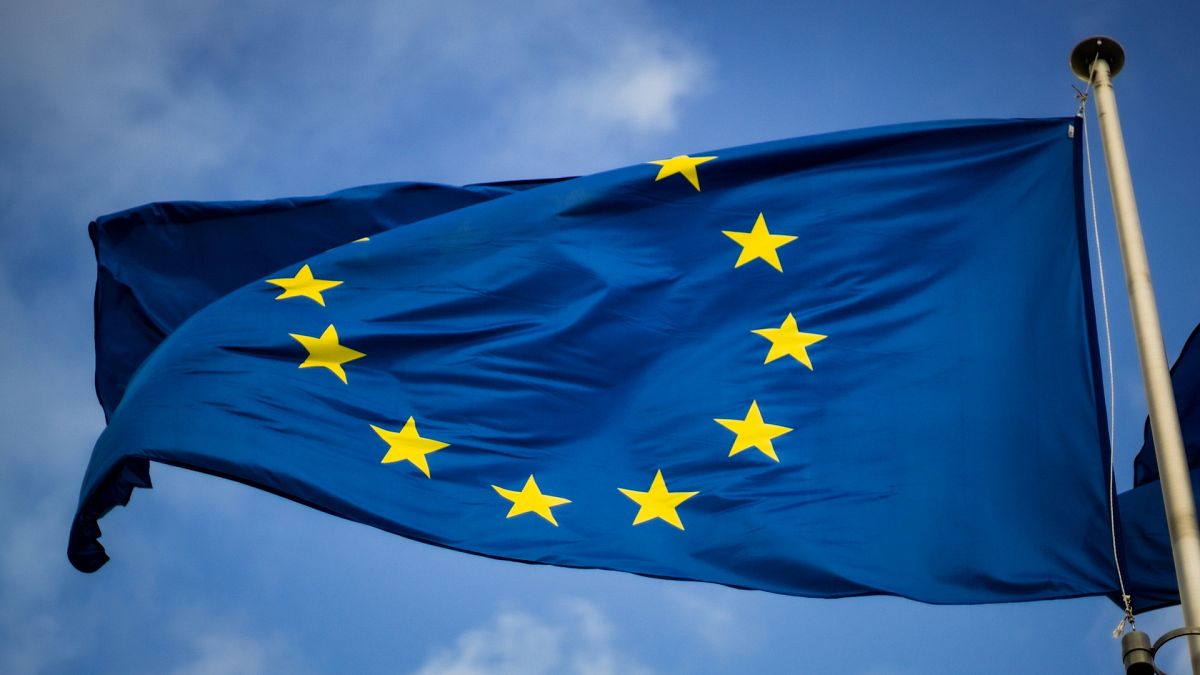Eurozone inflation was confirmed at 2.6% year-on-year in July, up from 2.5% in June. The inflation rise, coupled with expectations for Federal Reserve rate cuts, have pushed the euro to a 9-month high against the US dollar.
Eurozone inflation edged up to 2.6% in July, a slight rise from 2.5% in June, matching Eurostat preliminary data and surpassing initial economist estimates of a 2.4% rate.
The uptick clouded expectations for swift rate cuts by the European Central Bank, and it has boosted the euro to its highest level against the dollar since late December 2023.
Core inflation, which strips out volatile energy and food prices, remained steady at 2.9%, highlighting underlying price pressures remain well above the central bank's 2% target.
Inflation remains higher in services
In July 2024, the primary contributors to the annual euro area inflation rate were services (1.82 percentage points), followed by food, alcohol & tobacco (0.45 percentage points), non-energy industrial goods (0.19 percentage points), and energy (0.12 percentage points).
Services inflation, representing nearly 45% of the harmonised index of consumer prices, stood at 4%, slightly down from the previous 4.1%. The lowest inflation rate among consumer items was observed in non-energy industrial goods, which recorded an annual increase of just 0.7%.
Among eurozone member states, Finland (0.5%), Latvia (0.8%), and Denmark (1.0%) registered the lowest annual inflation rates. Conversely, Romania (5.8%), Belgium (5.4%), and Hungary (4.1%) saw the highest rates.
In Germany, consumer prices rose by 2.6% compared with July 2023, reflecting a modest increase from the previous month's rate of 2.5%. Meanwhile, inflation slowed in both Spain and Portugal, with Spain's harmonised inflation rate dropping from 3.6% to 2.9% and Portugal's from 3.1% to 2.7%.
Separately, the European Central Bank reported on Tuesday that the eurozone current account recorded a €51bn surplus in June 2024, the highest on record, up from €38bn in the previous month.
Over the 12 months to June 2024, the surplus reached €370bn (2.5% of euro area GDP), a significant increase from €30bn (0.2%) a year earlier.
Market reactions
The euro maintained its strength at 1.1080 against the US dollar, its highest level since late December. The currency has posted gains in five of the last six sessions, driven by growing expectations that the Federal Reserve might soon signal its readiness to begin cutting interest rates.
"At the heart of the story is whether EUR/USD will break out of an 18-month trading range, which has largely contained EUR/USD between 1.05 and 1.11. The FX options market suggests that – at least over the next month – the bias is with the upside," commented Chris Turner, Global Head of Markets at ING Group.
Turner added: "Lower oil prices on the back of a potential Middle East peace deal are good news for EUR/USD."
Luca Cigognini, Market Strategist at Intesa Sanpaolo, noted: "The euro continues to benefit from the general weakness of the greenback, which is failing to counter recent negative sentiment."
Cigognini highlighted that the market is focused on the upcoming Jackson Hole symposium, particularly on Federal Reserve Chair Jerome Powell's speech, which could confirm expectations of a rate cut in September and maybe more by the end of the year.
Danske Bank bearish over the euro
Conversely, Danske Bank Research remains bearish on the euro, forecasting a stronger US dollar as markets may be overestimating the likelihood of Fed rate cuts.
The bank stated: "We see EUR/USD heading lower from here. We do not believe the structural strength of the US economy justifies a steep cutting cycle this time around, which should keep the USD supported."
European equities inched higher on Tuesday, with the Euro Stoxx 50 up 0.2%, eyeing its sixth consecutive positive close, the longest winning streak since May.
European stocks have now fully recouped the early month sell-off triggered by recession fears in the US and a hawkish rate hike by the Bank of Japan that spiked the yen.
Among the top gainers in the euro bloc were ASML Holding NV, up 2.3%, and Spanish retailer Inditex, up 1.3%. On the downside, Bayer fell 2.6%, while Telefónica dropped 1.3%.














